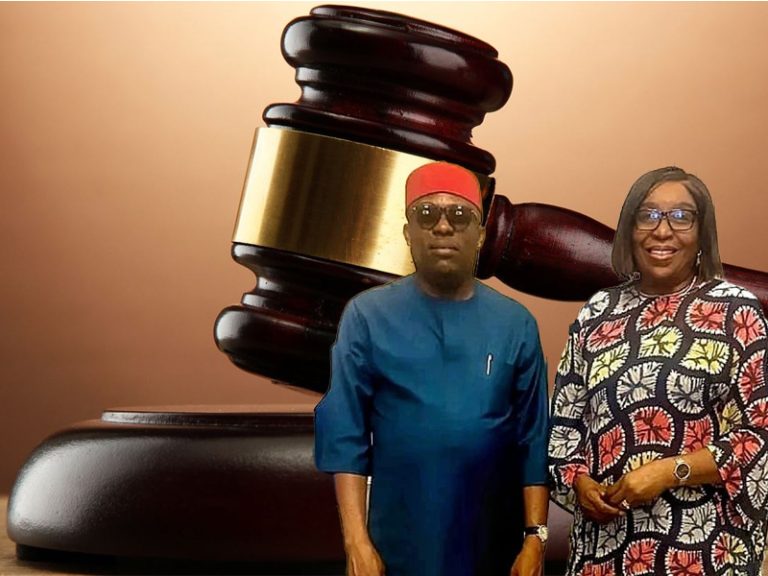
Screenshot
 The thirty-year mark is a significant milestone in any human life.
The thirty-year mark is a significant milestone in any human life.
It is the point where youthful ideals meet the realities of time, experience and change. In ordinary life, 30 years often signal maturity, reflection and a deeper understanding of one’s path.
For Uganda, the 30th anniversary of the 1995 Constitution is not just a celebration of three decades of the constitutional framework but also a moment to assess how the Constitution has withstood or yielded to the tests of political pressures, amendments and changing national dynamics.
The 1995 Constitution of Uganda was hailed as a beacon of hope, promising democratic governance, protection of human rights, separation of powers and a commitment to justice and equality. Initially, it brought fresh optimism for democracy, the rule of law, and fundamental freedoms after decades of conflict and authoritarianism.
However, as Uganda reaches this 30-year milestone, there is a growing sense of erosion in the very fabric of that constitutional promise. The numerous amendments made over the years have chipped away at the Constitution’s strength, transforming it from an inviolable charter into a tool shaped to fit political expediencies.
One of the most significant and controversial amendments was the removal of presidential term limits. This change dismantled a key safeguard designed to prevent the monopolisation of power.
Similarly, the removal of the presidential age limit further reinforced the regime’s grip on power. These changes transformed the Constitution from a document meant to ensure checks and balances into a framework enabling indefinite rule.
Beyond these headline amendments, there is an increasingly selective use of constitutional protections. Citizens’ rights to liberty, freedoms of expression, assembly, and political participation are often curtailed, sometimes violently.
The selective invocation of constitutional guarantees, where protections are extended or withheld depending on political convenience, undermines public confidence and weakens democratic governance.
The Constitution’s promise to uphold justice and equality has also been compromised by the apparent fragility of our courts and incessant attacks on judicial independence. The rule of law has become a tool wielded unevenly rather than a shield protecting all citizens equally.
This selective interpretation has created an environment where the spirit of the Constitution, ideals of fairness, rights protection and accountability, have all become hollow rhetoric.
At this three-decade point, Ugandans face a crucial moment of reflection – how can the Constitution endure as a foundational document rather than a mere artefact? Ensuring its endurance requires a renewed commitment not only to its text but also to its spirit.
First, there must be a halt to amendments that weaken democratic safeguards and concentrate power. Constitutional reform processes should be widely consultative, inclusive and transparent, prioritising the people’s will over partisan interests.
The value of any constitution lies not only in its endurance but, most importantly, in its unwavering ability to inspire justice and protect the dignity of every individual across generations.
Second, the institutions charged with upholding the Constitution – the judiciary, parliament and oversight bodies – must operate with full independence and integrity.
Strengthening institutional checks and balances preserves the Constitution’s authority and fosters citizen trust. Without careful reexamination and earnest commitment to foundational constitutional values, the constitution will continue to be subverted and subordinated to political and arbitrary whims.
The 1995 Constitution can remain a vital charter if its protections are restored and respected.
The path forward depends on collective action to revive the Constitution’s promise as a true guarantor of rights, dignity, and good governance for all Ugandans. As Justice William Brennan states, the constitution will endure as a vital charter of human liberty as long as there are those with the courage to defend it, the vision to interpret it, and the fidelity to live by it.
The writer is a lawyer.



